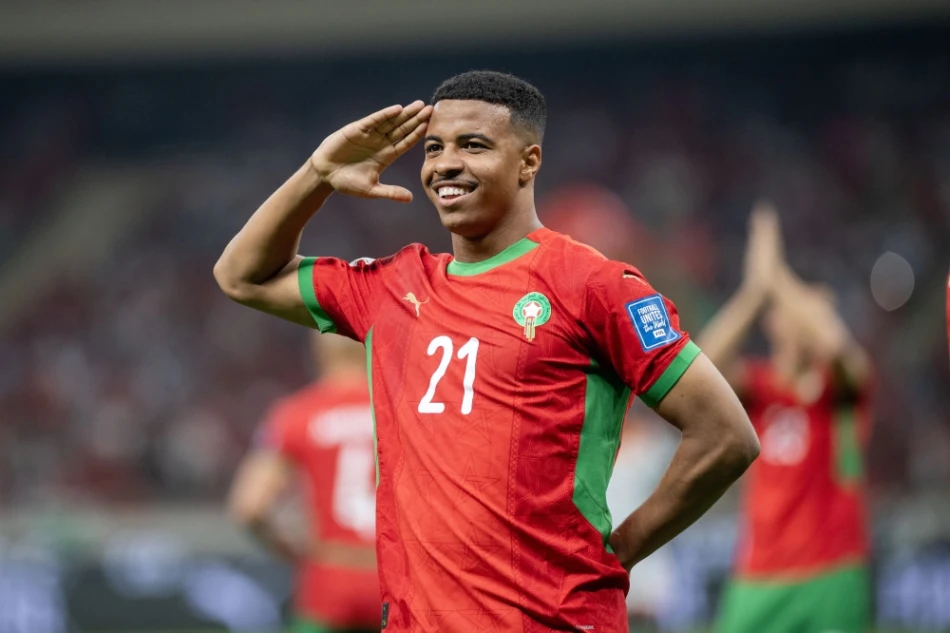
Revealed: The National Teams Officially Qualified for the 2026 FIFA World Cup
Morocco Makes History as First African Nation to Qualify for 2026 World Cup
Morocco has secured its place in football history by becoming the first African nation to qualify for the 2026 FIFA World Cup, following a commanding 5-0 victory over Niger. This achievement positions Morocco as a frontrunner in what promises to be the most expansive World Cup tournament ever held, featuring 48 teams across three North American host nations.
A Dominant Performance Secures Early Qualification
The Atlas Lions' emphatic win on Friday evening not only demonstrated their footballing prowess but also highlighted the strength of their qualifying campaign. Morocco joins Jordan as the second Arab nation to secure qualification, underlining the growing influence of Middle Eastern and North African football on the global stage.
This early qualification provides Morocco with significant advantages, including extended preparation time and reduced pressure in remaining qualifying matches. The team can now focus on tactical refinement and player development ahead of the tournament.
The Expanded Tournament Format Changes Everything
The 2026 World Cup represents a seismic shift in international football, expanding from 32 to 48 participating nations. This expansion creates unprecedented opportunities for emerging football nations while intensifying competition for traditional powerhouses.
Current Qualification Landscape
With 17 of 48 spots now filled, the qualification picture reveals interesting patterns. South America leads with six qualified teams, including traditional giants Argentina and Brazil alongside emerging forces like Ecuador and Paraguay. Asia has secured five spots, demonstrating the continent's growing football strength through nations like Japan, South Korea, and Iran.
Morocco's qualification as Africa's sole representative thus far places additional pressure on other continental powerhouses like Nigeria, Egypt, and Senegal to secure their positions in the remaining qualification rounds.
Strategic Implications for African Football
Morocco's early qualification carries broader implications for African football development. The expanded format allocates more spots to African nations, creating opportunities for the continent to showcase its talent on the world's biggest stage.
This achievement builds on Morocco's impressive 2022 World Cup performance, where they became the first African nation to reach the semi-finals. Their continued success demonstrates sustainable football infrastructure development and tactical sophistication that other African nations can emulate.
Building on 2022 Success
Morocco's 2022 World Cup semi-final run marked a watershed moment for African football, proving that proper preparation and tactical discipline could overcome traditional European and South American dominance. Their 2026 qualification suggests this success was not anomalous but part of a sustained upward trajectory.
The team's ability to secure early qualification while maintaining competitive intensity reflects improved domestic league standards and enhanced player development pathways. This foundation positions Morocco as a genuine contender rather than merely a participant in 2026.
Regional Football Dynamics
The tri-continental hosting arrangement across the United States, Canada, and Mexico creates unique logistical and competitive dynamics. Teams qualifying early, like Morocco, gain crucial advantages in tournament planning and acclimatization strategies.
Morocco's qualification alongside Jordan also highlights shifting regional power balances, with North African and Middle Eastern nations demonstrating increasing competitiveness against traditional Asian and European qualifying rivals.
Most Viewed News

 Sara Khaled
Sara Khaled






